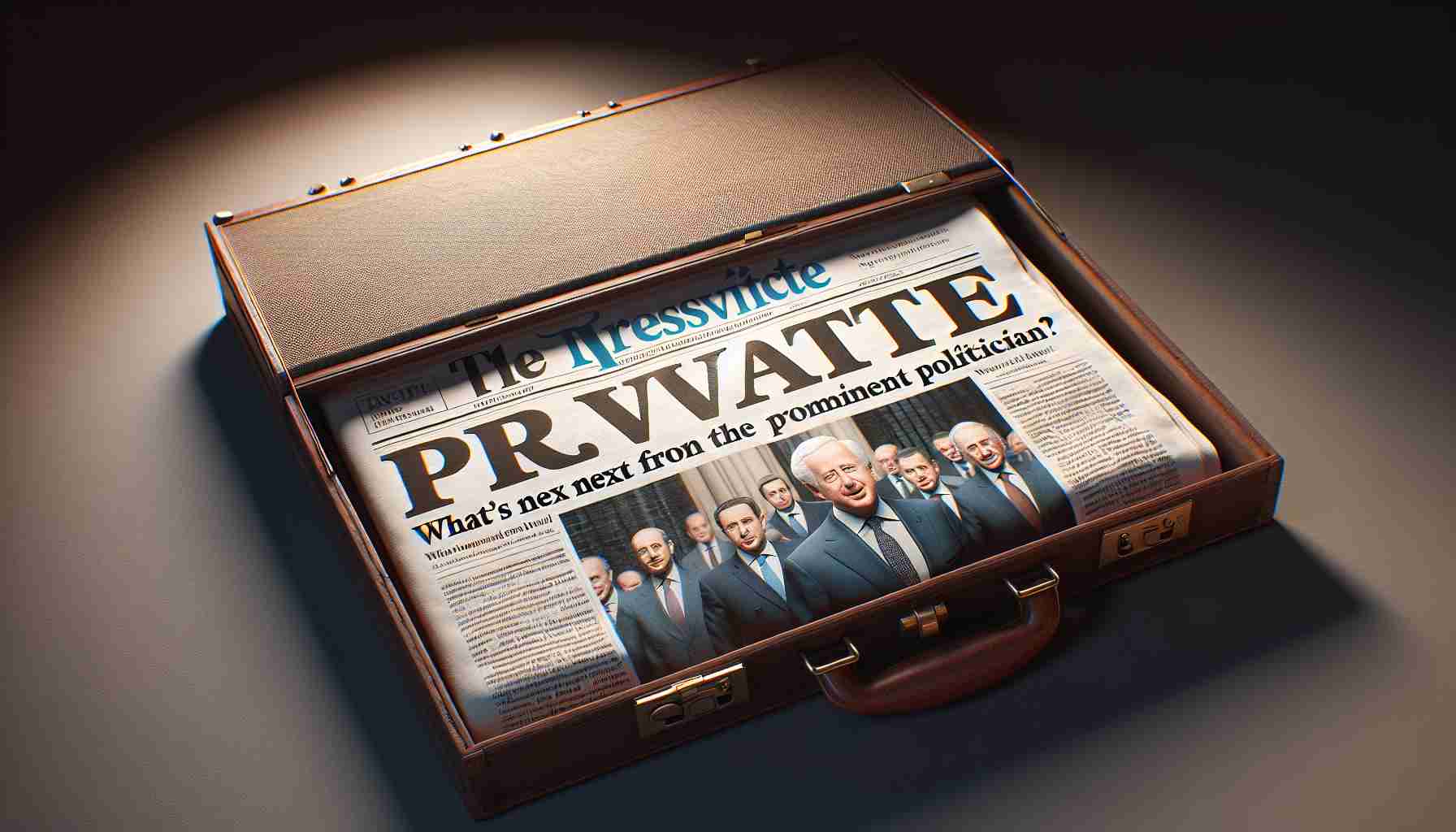Joe Manchin, a prominent figure in American politics and a former long-standing Democrat, is stepping down from the Senate after 15 years. Earlier this year, he made headlines with his decision to become an independent. Now, as he leaves the political stage, he has strong words for both parties.
Manchin’s Critique of the Democratic Party
Manchin, who has substantial investments in the coal industry, expressed dissatisfaction with the Democratic Party’s recent direction. He described it as increasingly authoritarian, criticizing their focus on social issues over economic priorities. He believes the party has strayed from its roots of ensuring “a good job, a good pay,” especially on matters like LGBTQ+ rights, which he views as divisive.
Concerns About Republicans and Gun Control
Manchin also had strong words for Republicans, especially concerning their stance on gun control. He argued both parties have extreme viewpoints, with Democrats advocating for bans and Republicans suggesting a laissez-faire approach to firearm ownership.
The Idea of a New Political Party
A notable point in Manchin’s conversation was his belief in the potential of a third, centrist party. He sees this “American party” as a way to bridge the chasm between Democrats and Republicans, appealing to moderate voters disenchanted with current extremes.
Reflecting on Previous Elections
Lastly, Manchin offered insights into past elections, critiquing Kamala Harris’s campaign and suggesting that Trump may have a better grasp of presidential responsibilities now than during his first term. Despite not revealing his November vote, he expressed support for the incoming administration, voicing hope for unity and success.
Manchin’s Departure Sparks New Conversations on Political Innovations
Transitioning to a New Era in American Politics
Joe Manchin’s decision to exit the Senate and become an independent has paved the way for innovative political discourse in the United States. As he steps down after 15 years, Manchin’s departure is not just a change in personnel but a catalyst for discussions on new political structures and ideas.
Exploring the Viability of a Third Political Party
One of the most captivating aspects of Manchin’s transition is his suggestion of a centrist “American party.” This idea taps into growing public sentiment yearning for a political force that aligns with moderate views, addressing the polarization entrenched in the current two-party system. A centrist party could potentially provide pragmatic solutions and a balanced approach to governance, appealing to voters frustrated with polarized extremes. The development and impact of such a party could reshape the political landscape by offering an alternative that encompasses diverse viewpoints and encourages bipartisan cooperation.
Insights and Predictions for the Future of American Politics
Manchin’s reflections on past elections and current political dynamics offer valuable insights into potential trends. With his critique of both major parties and the suggestion of an “American party,” there’s a prediction for increased voter interest in exploring alternatives to traditional partisan lines. This could signify a shift towards policies focused on unifying themes such as economic stability and national security, moving away from divisive issues.
Market Analysis of Political Shifts
The political arena may witness significant shifts as Manchin’s move underscores a demand for innovation in political representation. Such an evolution could influence campaign strategies, voter engagement, and policy formulation. The potential establishment of a new political entity would require a comprehensive analysis of market dynamics, voter demographics, and political engagement trends to ensure sustainability and success.
Joe Manchin and the Future of Energy Policy
Given Manchin’s investments in the coal industry, his departure also raises questions about the future of energy policies. His influence on energy debates might shift, prompting discussions on balancing economic growth with sustainable practices. This change could impact legislative priorities and encourage the exploration of diverse energy sources.
Conclusion
Joe Manchin’s exit from the Senate and his suggestion of a new political party signify a pivotal moment in American politics. It introduces possibilities for structural innovations and sheds light on potential trends shaping the future of governance. As Manchin steps off the political stage, his legacy may well be defined by the discussions and developments his departure initiates.

















